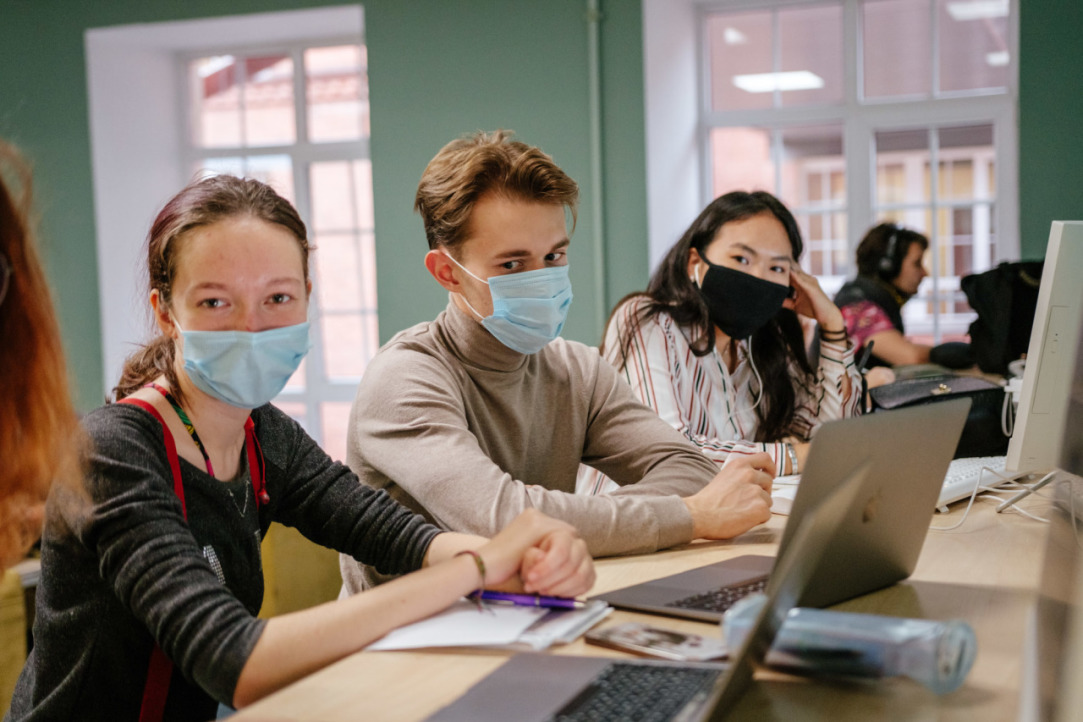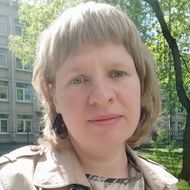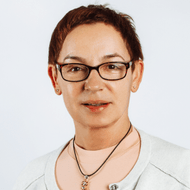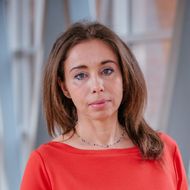Non scholae, sed vitae
At the end of October, the Metaprogramme 'Skills4Future' will launch at HSE University - St Petersburg. Participants of the programme will have the opportunity to boost their communication, teamwork, creative, and critical thinking skills. In laboratory courses of the programme, students will learn why it is important to study cultural scenes of St Petersburg, how contemporary youth behaves in the city, and how the coronavirus pandemic has changed society.

The metaprogramme is open to all second-year and third-year undergraduate students. Participants will work on real cases and tasks in one of four labs.
- Social Anthropology (Academic Coordinator – Prof Nikolai Ssorin-Chaikov)
- Youth in the City (Academic Coordinator – Prof Elena Omelchenko)
- Creative Industries (Academic Coordinator – Dr Julia Trabskaya)
- The Hipster City is Born. Cultural Production of St. Petersburg in the 2000s (Academic Coordinator – Dr Margarita Kuleva)
Within the scope of their respective themes, each laboratory will examine the following issues: the social implications of COVID-19, cultural production, development of festivals, or youth civic engagement.
Students will take part in a number of master classes on the development of communication skills, team work, creative and critical thinking under the guidance of Russian and foreign experts. With an eye towards preparing students to discuss cases and tasks in international teams, 'Skills4Future' is taught primarily in English.

Margarita Kuleva
Academic coordinator of the laboratory, The Hipster City is Born. Cultural Production of St. Petersburg in the 2000s
The Hipster City is Born project will be devoted to the mapping of the cultural scenes of the 2000's within the context of St Petersburg. During this period the cultural landscape of Russian cities changed dramatically, mainly due to the emergence of new ways of spending leisure time, new lifestyles, and new places associated with them. For our students it is already difficult to imagine the city without specialty coffee shops, cultural spaces, lofts, contemporary art exhibitions, design shops, craft breweries and the representation of all this cultural diversity on Instagram. Through the study of archives of magazines on art life and entertainment of the 2000s and interviews with the participants of those events, we will identify the origins of the modern Hipster City and map out key places, practices, and cultural categories.
Cultural sociologists, geographers, and analysts will participate in the project as tutors. We hope that we'll be able to equip students with new skills of data collection and analysis, help them broaden their outlook, and get to know our city better. In addition, students will hone their critical thinking skills not only in the context of university life, but as active and future participants of cultural economics.

Professor Elena Omelchenko,
Academic Supervisor of the Programme 'Modern Social Analysis'
The Youth in the City project aims to analyze real cases of that encapsulate the relationship between youth, city, and digital technologies. The laboratory will focus on hybrid urban infrastructure, its development and appropriation, hybrid bodies, and social mobility. Students of the project will strengthen their ability to think critically and reflect upon themselves in analyses of routine affairs that illustrate the relationships between digital city technologies and young people. Active teamwork and the development of real proposals for youth participation in the city infrastructure will become important tools for critical thinking and the development of communication skills.

Dr Julia Trabskaya,
Associate Professor, Department of Management
In the context of the emergence of new trends and continuous changes, the market needs new kinds of leaders who can think critically and make creative decisions, communicate in impactful ways, and efficiently work in teams.
In the Creative Industries project, students will develop their soft skills by working on a real project and collaborating with representatives of arts, culture, and other creative industries.
During their activities in the Laboratory, students will develop a festival concept and gain insight into the creative industries. They will analyze museum concepts relating to, for example, Game of Thrones, gastronomy, and mobile games. They will develop basic event-management skills, get experience working in a creative team, and interact with key figures of the creative industries.

